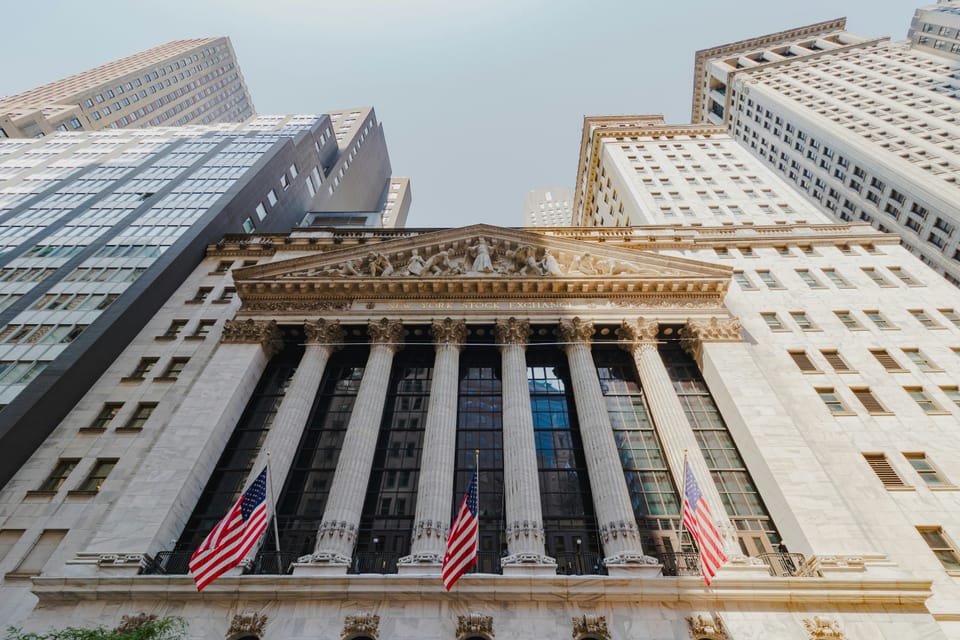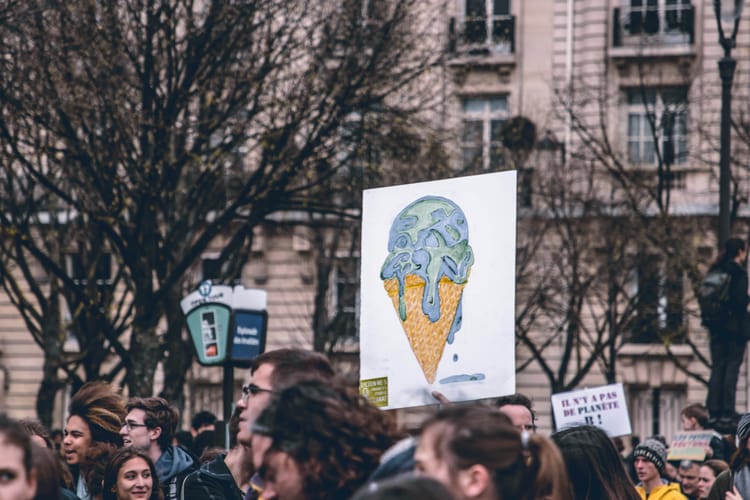Climate groups slam SEC’s JBS listing approval as ‘deep failure’

Climate NGOs have strongly criticised the US Securities and Exchange Commission’s approval of Brazilian meatpacker JBS’ initial public offering, after spending years documenting the company’s environmental and human rights abuses.
JBS received the SEC’s approval for its New York Stock Exchange listing on April 23, two years after the Brazilian company first applied for it. In that time, NGOs and activist shareholders have repeatedly called on the SEC not to approve the IPO, based on JBS’ environmental and human rights track record.
So it’s no surprise that these groups see this week’s decision as “a disaster for both people and the planet”.
“By almost every metric, a company like JBS has a detrimental impact on society. Allowing it to list on the world’s largest stock exchange – unlocking vast opportunities for expansion and profit – shows the deep failures of the US financial regulatory system,” commented Alexandria Reid, Campaign Lead at Global Witness.
“There are real material risks to investors and physical risks to communities around the world that come from a destabilised climate. Companies like JBS play a disproportionate role in driving deforestation and other harm, and it is in the best interest of markets, people, and planet to enact strong disclosure and regulatory frameworks,” she added.
JBS linked to deforestation and indigenous land invasion
JBS, the world’s largest meat producer with US$77 billion of revenue in 2024, has been linked by several reports to large-scale deforestation in the Amazon rainforest, where cattle raising is responsible for two-thirds of forest clearing.
In 2021, the company pledged to achieve net zero emissions by 2040, but in January this year its Chief Sustainability Officer Jason Weller told Reuters this ambition was “never a promise”.
JBS has also been found to buy cows from illegally deforested areas, and recently removed a reference to ‘zero tolerance’ to the invasion of protected areas, including Indigenous lands and environmental conservation zones, from its policies – sparking “serious concern” for investors.
In March 2024, the company – whose parent organisation had to pay a US$3.2 billion fine for corruption as part of Brazil’s 2017 large-scale ‘Carwash’ investigation – also had its commitment removed from the Science-Based Targets Initiative dashboard for failing to form a credible strategy to net zero within its two-year deadline.
‘One of the worst corporate citizens in the world’
“By approving JBS, the world’s largest meat processor, to list on the New York Stock Exchange, the SEC has just granted incredible license to one of the worst corporate citizens in the world. JBS has an egregious record of corruption, cruelty, tax avoidance and climate greenwashing. Sadly, allowing JBS to access the US capital markets will only enable the company to expand its reach, raise new equity and grow its model of animal suffering,” added Cameron Harsh, Interim Executive Director of World Animal Protection US.
Meanwhile, Mighty Earth, which lodged a submission against what it called “the single most important IPO for the climate in history” back in 2023, said this approval shows the US financial market regulator “is no longer the independent SEC that has upheld honest practices on American markets for nearly a century”.
JBS subsidiary Pilgrim’s Pride was listed as the top corporate donor to President Donald Trump’s second inauguration this January, with a US$5 million contribution.
“We hope the New York Stock Exchange isn’t as easy to corrupt and upholds its standards by keeping a company known for corruption and dishonesty out of the market,” said Mighty Earth CEO Glenn Hurowitz.







Member discussion